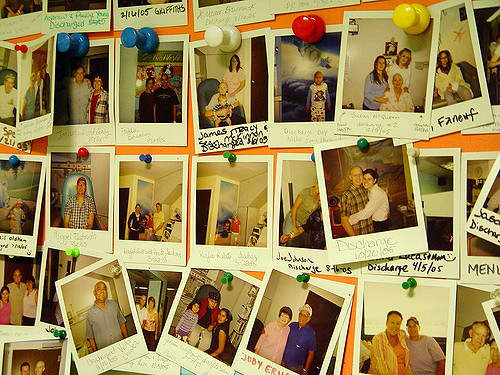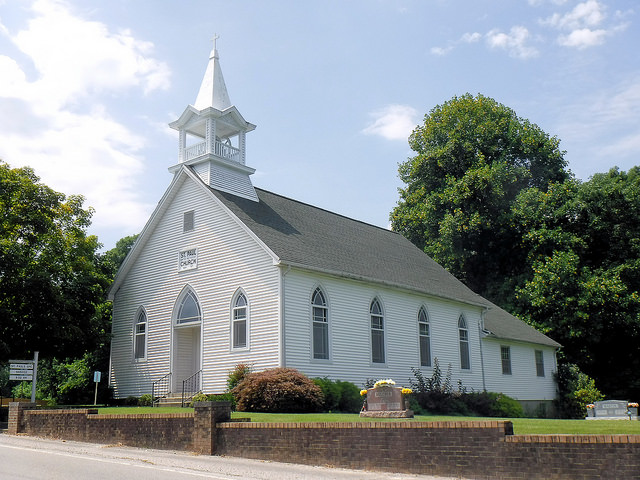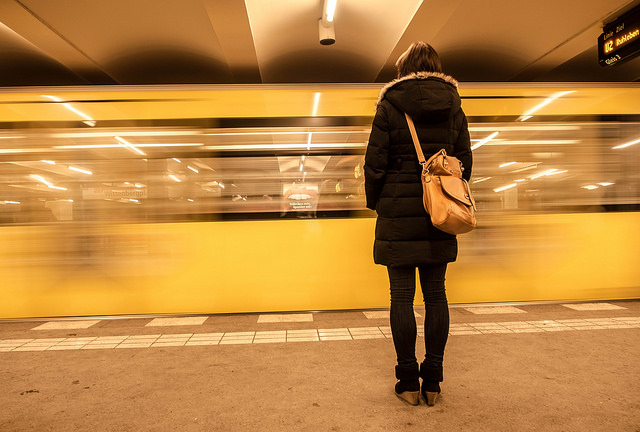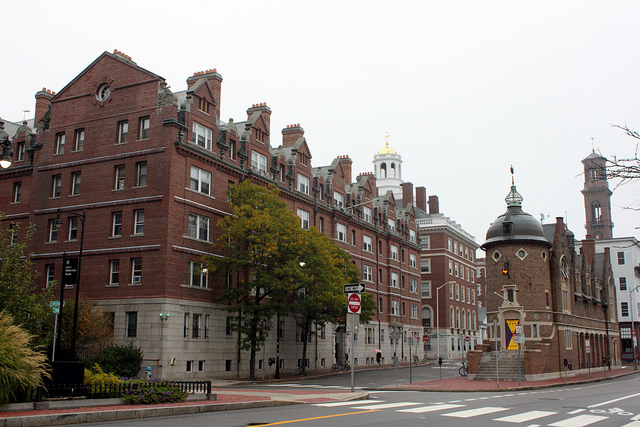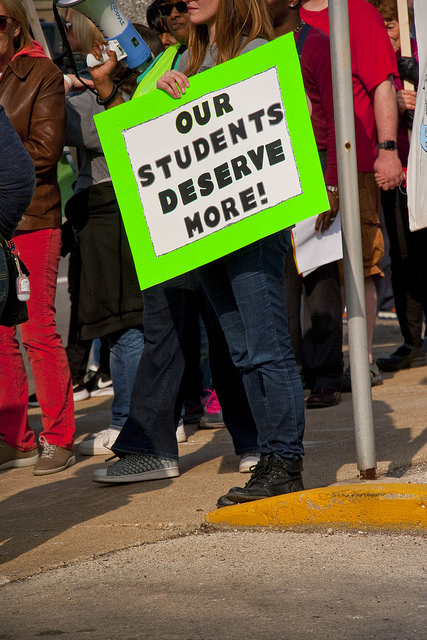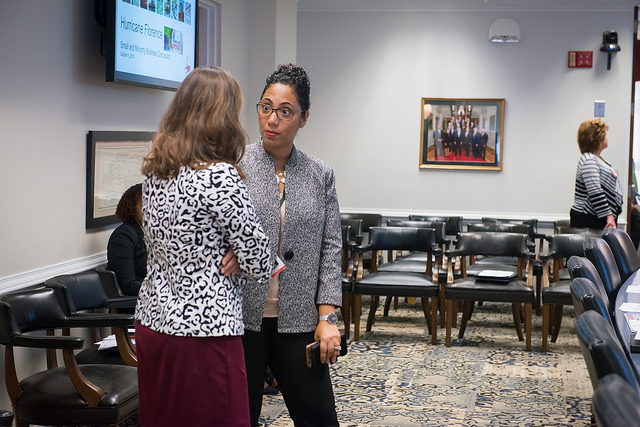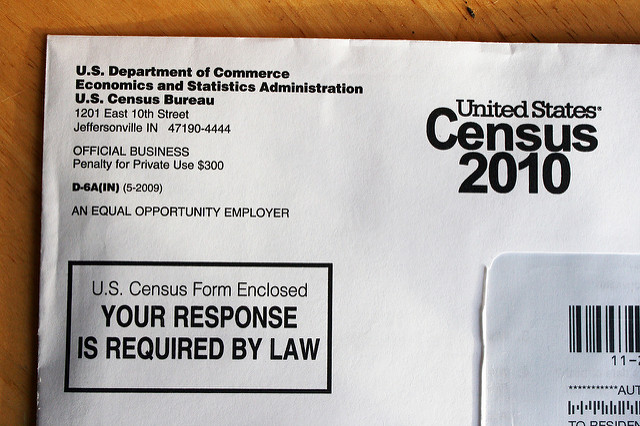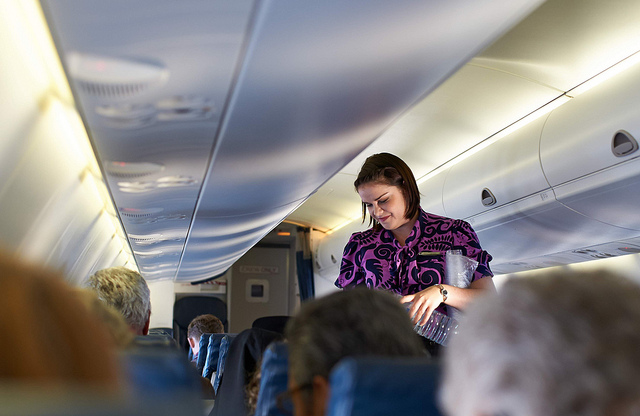
For many people, coining a term and having it become part of common conversations would be a huge achievement. But such popularity sometimes means that these terms lose their original meanings. This is what happened to Arlie Hochschild’s term, “emotional labor.” Initially coined to identify what is so exhausting about jobs such as flight attendants, nursing home attendants, and child-care workers, emotional labor is increasingly used as a catch-all term for mental work, care work, or any burdens that disproportionately fall on women.
In a recent interview with The Atlantic, Arlie Hochschild reminds us of the core definition of emotional labor:
“Emotional labor, as I introduced the term in The Managed Heart, is the work, for which you’re paid, which centrally involves trying to feel the right feeling for the job. This involves evoking and suppressing feelings . . . The point is that while you may also be doing physical labor and mental labor, you are crucially being hired and monitored for your capacity to manage and produce a feeling.”
In addition to a lack of a social-class perspective in the recent usage of the concept — in one example, emotional labor was used to describe calling the maid — Hochschild contends that emotional labor may be overextended in ways that are unproductive, particularly during important conversations about alienated labor and household responsibilities. Some of her other books, including The Second Shift and The Time Bind, are more relevant to the uses of emotional labor that are fundamentally talking about household responsibilities and family dynamics. While Hochschild appreciates the attention to her work, she also believes maintaining analytic precision is essential — especially in mobilizing the concept of emotional labor to recognize inequality and alienation in the workplace.
“We’re trying to have an important conversation but having it in a very hazy way, working with [a] blunt concept. I think the answer is to be more precise and careful in our ideas and to bring this conversation into families and to the office in a helpful way…If you have an important conversation using muddy ideas, you cannot accomplish your purpose. You won’t be understood by others. And you won’t be clear to yourself.”

